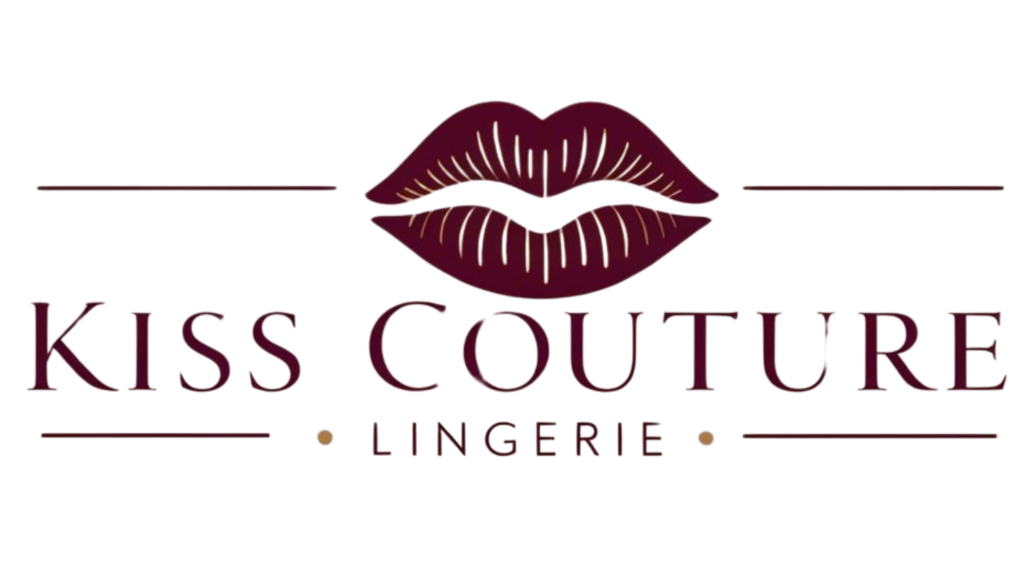Victoria’s Secret, a prominent player in the lingerie industry, has faced criticism for not fully meeting the needs of women in China despite claiming to be size- and culturally inclusive. The challenge lies in understanding the unique market dynamics and consumer preferences in China, a country with conservative tastes deeply rooted in its cultural heritage.
China, known for its booming consumer market, presents a complex landscape for lingerie brands. While Western brands like Victoria’s Secret aim to cater to diverse audiences, they often encounter challenges in aligning with the local preferences and body types prevalent in China. The discrepancy between global inclusivity initiatives and the specific demands of the Chinese market poses a significant hurdle for brands seeking to establish a strong presence.
On the other hand, countries like Japan and South Korea have been redefining the lingerie industry with their distinct regional aesthetics and emphasis on body positivity. These markets have embraced a more diverse range of sizes and styles, reflecting a shift towards inclusivity and empowerment. By acknowledging and adapting to these evolving trends, brands can better resonate with consumers and drive growth in these markets.
Despite efforts to promote inclusivity, many lingerie brands, including Victoria’s Secret, have been criticized for creating an illusion of diversity without addressing the real needs of women. In China, where traditional beauty standards prevail, the concept of inclusivity extends beyond size to encompass cultural sensitivity and representation. Brands must go beyond token gestures and actively engage with local communities to foster genuine inclusivity.
Amidst the challenges faced by mainstream lingerie brands, there are emerging players that prioritize listening to real women and understanding their diverse needs. By engaging in meaningful dialogue and co-creation with consumers, these brands have been able to establish a loyal following and differentiate themselves in a competitive market. Their success underscores the importance of authenticity and customer-centricity in driving brand loyalty and long-term sustainability.
As the lingerie industry continues to evolve, the focus on inclusivity has become a key differentiator for brands seeking to stay relevant and resonate with diverse audiences. By embracing diversity in all its forms, brands can not only expand their customer base but also contribute to a more inclusive and empowering society. The shift towards greater inclusivity reflects a broader trend in the fashion industry towards celebrating individuality and embracing diverse perspectives.
Overall, the lingerie industry’s journey towards inclusivity is a dynamic and ongoing process that requires continuous adaptation and innovation. Brands that prioritize authenticity, cultural sensitivity, and consumer engagement are better positioned to succeed in a rapidly changing market landscape. By recognizing the unique needs of different markets and demographics, brands can build stronger connections with consumers and drive sustainable growth in an increasingly competitive industry.
📰 Related Articles
- Honey Birdette Challenges Victoria’s Secret with U.S. Expansion
- Berkeley Flea Market Faces Closure Amid Economic Challenges
- Young Entrepreneur Faces Challenges Amid Surging Property Prices
- Victoria’s Secret Faces Identity Crisis Amid Industry Evolution
- Victoria’s Secret Website Shutdown Highlights Cybersecurity Threats






